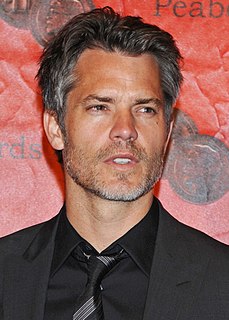A Quote by Ta-Nehisi Coates
I don't attempt to make people uncomfortable; I think that my standards in terms of art and journalism always have necessitated my discomfort.
Quote Topics
Related Quotes
Leadership is scarce because few people are willing to go through the discomfort required to lead. This scarcity makes leadership valuable...It's uncomfortable to stand up in front of strangers. It's uncomfortable to propose an idea that might fail. It's uncomfortable to challenge the status quo. It's uncomfortable to resist the urge to settle...If you're not uncomfortable in your work as a leader, it's almost certain you're not reaching your potential as a leader.































